As Co-director of the Department of Science and Innovation-National Research Foundation Centre of Excellence (CoE) in Food Security (FS), Professor Lise Korsten coordinates and integrates food security studies at the University of Pretoria (UP). She also aligns the centre’s activities with the African Research University Alliance Centre of Excellence in Sustainable Food Systems under the directorship of Prof Lindiwe Sibanda.
Prof Korsten has been involved in fresh produce research at UP for more than 30 years. She completed her undergraduate studies and BSc Hons degrees at Stellenbosch University before doing her MSc and PhD Agric degrees at UP. She was appointed as a lecturer and later full professor in the then Department of Microbiology and Plant Pathology.
The professor works mostly with plant pathogens that infect plants, then go on to cause disease in fresh produce as they move through the food system. This represents a cumulative cost from the farm to the market and is typically referred to as food waste. The Food and Agricultural Organisation estimates that up to one-third of what is being produced is lost to post-harvest diseases. This is a major global concern in food security and has been identified as a Sustainable Development Goal. Prof Korsten investigates how these field and post-harvest infections can be prevented to ensure the quality and safety of food.
She leads the fresh produce food safety research team at the CoE FS and is looking at the rapid detection of food-borne pathogens in water and agricultural production systems. The group focuses on pathogens that enter the food system on the farm through contaminated irrigation water or later in the supply chain through washing, handling or distribution. “We assess water microbial quality, the irrigated crop, the harvested crop and how post-harvest or packhouse practices affect quality and safety,” explains Prof Korsten. “Then we follow the produce all the way through the supply chain to the export or local and informal markets, and assess final product quality and safety on the plate of the consumer. We are directly involved in developing best practices for on-farm and fit-for-purpose food safety systems for producers and processors. This research has been extensively funded by the Water Research Commission, the fresh produce industries in South Africa, and European Union and US funding initiatives.”
Transdisciplinary research in food security is a principal interest for Prof Korsten, who has established several collaborative initiatives. She is developing an agri-microbiome programme at UP with Dr Jarishma Gokul and several colleagues in genomics and bioinformatics, and with prominent international researchers in the EU such as Prof Gabi Berg from Austria. She is expanding her research programmes to include the exploration of microbiomes in plants, agricultural water and soil and fresh produce interphase, linking it with human health and the gut microbiome. Developing this new focus area will require extensive transdisciplinary collaboration and close association with community health practitioners.
Prof Korsten is also working with researchers in the Faculty of Humanities, such as Dr Marc Wegerif, an anthropologist and lecturer in Development Studies, focusing on food markets and informal street traders; and Dr Camilla Adele of the Department of Political Sciences to develop more effective governance systems for food safety and policy interventions. In addition, she works with Prof Marie-Heleen Coetzee of the School of Arts: Drama to develop interactive plays to illustrate the importance of community science during extreme events, such as the previous listeria outbreak in 2018 (the Listeria Hysteria play during NRF Science Week) and the current COVID-19 pandemic (Auntie Covidia and the Curious Calamities.
Developing a food systems law focus at UP has been one of Prof Korsten’s dreams. As such, she established a food law initiative with colleagues Prof Steve Cornelius and Prof Jacolien Barnard of the Faculty of Law. It will enable scientists and lawyers to expand the space between agriculture, food and the law, supporting government and industry to improve food safety systems. “I’ve been involved in the national government’s food control authority framework, and developed a model for food control more than 10 years ago,” she explains. “I mapped the South African agricultural and food system and developed a food safety authority model for the country.” Prof Korsten says this is yet to be implemented and that South Africa urgently needs a dedicated food safety policy and food safety authority or agency.
One Health – which is an integrated approach to human, animal and plant health within the context of environmental health – is yet another area in which she works. She and the Faculty of Veterinary Science’s Dr John Grewar are working on a sanitary and phytosanitary risk-assessment programme that focuses on antibiotic resistance in plant health. “We assess the prevalence of antibiotic resistance in natural and agricultural ecosystems, and how it is transmitted onto crops before finding its way to negatively impact human health.”
She is also involved in a food security project on Crypstosporidium with Dr Chris Marufu. This emerging zoonotic pathogen of domestic animals and wildlife is increasingly found in drinking water catchment and water reservoir areas due to anthropogenic disturbances. This zoonotic species is becoming more important in public health and food systems, particularly in fresh produce.
In addition, Prof Korsten and her team have been working on the UNICEF One Health for Change project in the Faculty of Health Sciences with Prof Wanda Markotter and Prof Stephanie Burton. This project – which deals with the detrimental effect of hand sanitisers on human health and the environment, and their impact on food safety systems – is an extension of a previous programme on pesticide residues on fresh produce and in the environment, as well as oestrogen activity. This was done in tandem with Prof Natalie Aneck-Hahn of the Environmental Chemical Pollution and Health Research unit.
More recently, a new collaborative project with Prof Wynand Steyn of the Department of Civil Engineering was initiated. “We are developing smart-fruit technologies to monitor handling and transport practices that can impact on fruit quality from the farm to the market – this is a truly multidisciplinary approach to plant health and food security,” Prof Korsten says.
“Exporting fresh produce requires extensive knowledge of sanitary and phytosanitary measures, and how global standards and requirements may impact trade and often cause technical barriers to trade. So we must be able to rapidly detect pathogens and prevent product contamination or infection and establish effective surveillance systems for the country.”
Prof Korsten credits her stepfather, a plant pathologist, with inspiring her to explore the worlds of science and agriculture. “He never failed to spot a disease, and always had his hand lens ready to search for fungal growth. He also always had an experiment going in his garden. He taught me to keep my head high even if those around me doubted me.”
Her academic role model is Prof Pedro Crous, whom she regards as a dynamic scientist. “He is one of the best mycologists in the world and is a classical taxonomist that does not shy away from unravelling the complexities of evolutionary relationships between species.”
Prof Korsten hopes to make a major breakthrough in her field one day, such as developing a treatment that can retain fruit quality and extend shelf-life much longer than what is currently possible. “The treatment must be safe, tasty and effective; it must provide consumers with the assurance that the product is safe and nutritious.”
Her research matters because “we provide healthy plants that subsequently end up as the food on your plate; we ensure the quality and safety of fresh produce; we prevent plant and food-borne pathogens from entering the food system; and make sure that they do not establish and cause losses and food waste”. By focusing on post-harvest diseases and food safety, she says, we can contribute to food security for all.
Prof Korsten advises school learners and undergraduate students to remain curious, to never fear failure and not to shy away from work or challenges. “Grow your own wings and fly as high as you can, but keep your imaginary feet on the ground and eyes on the sky. And watch the winds, because they can take you down at any time. If they do, get up and fly again.”
Prof Korsten enjoys horse riding, photography and being in nature.
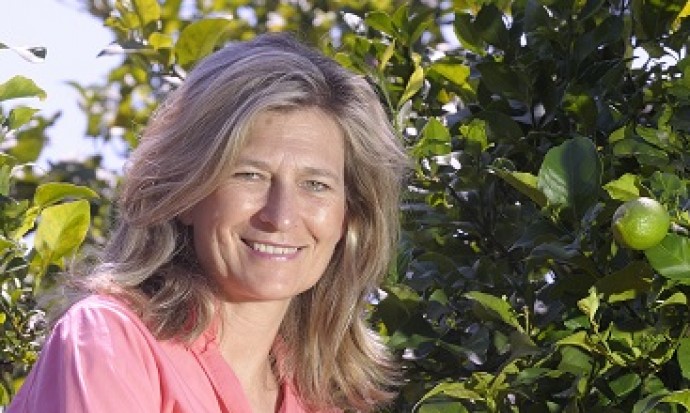
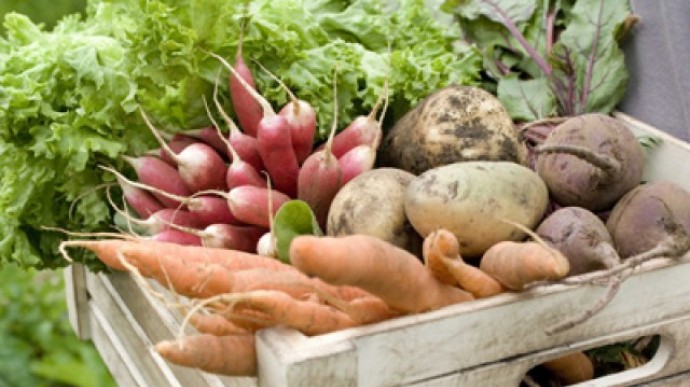 Stories
Stories
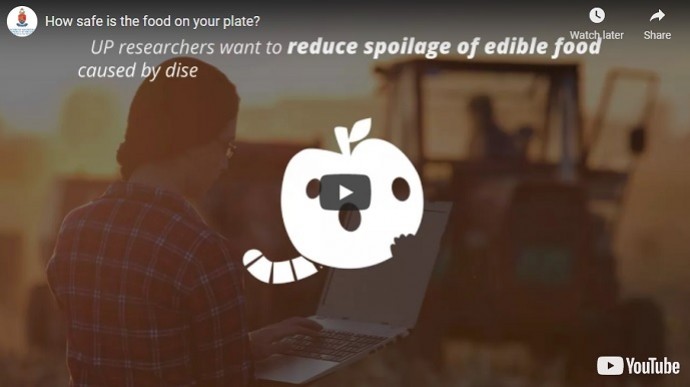 Video
Video
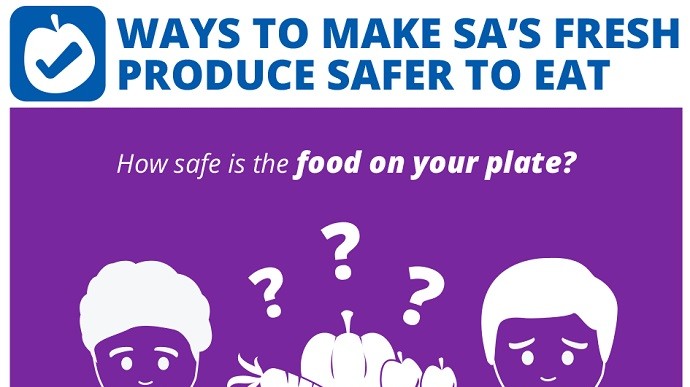 Infographic
Infographic
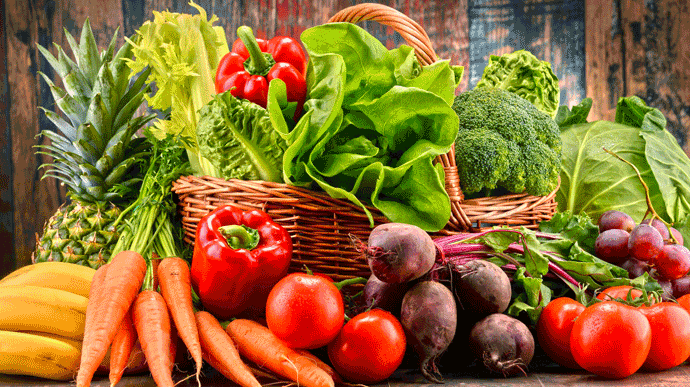 Story
Story
Get Social With Us
Download the UP Mobile App